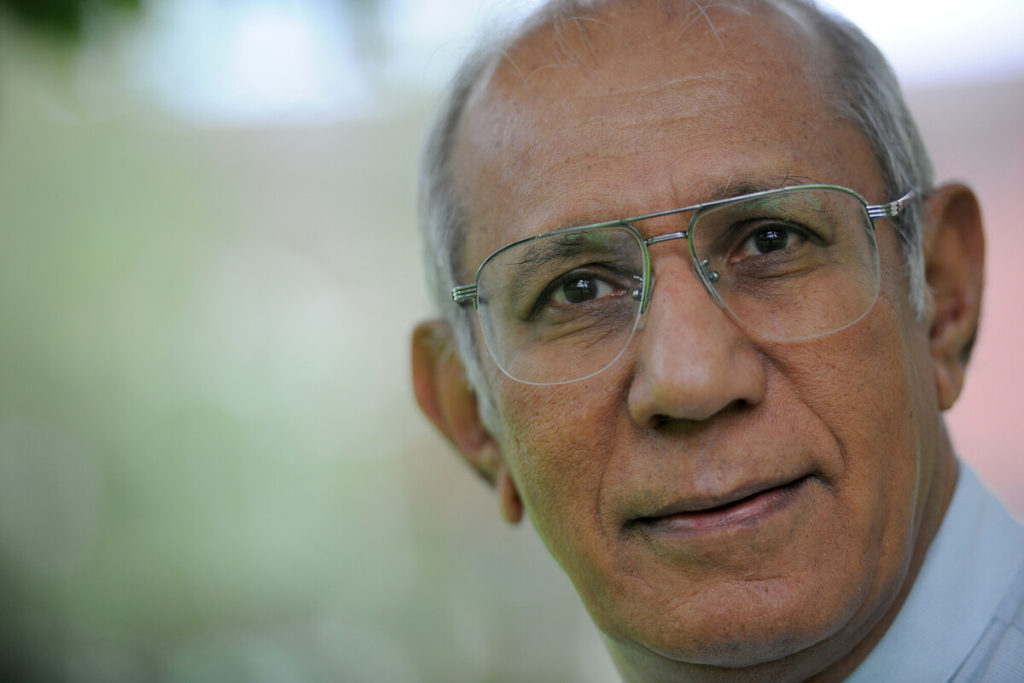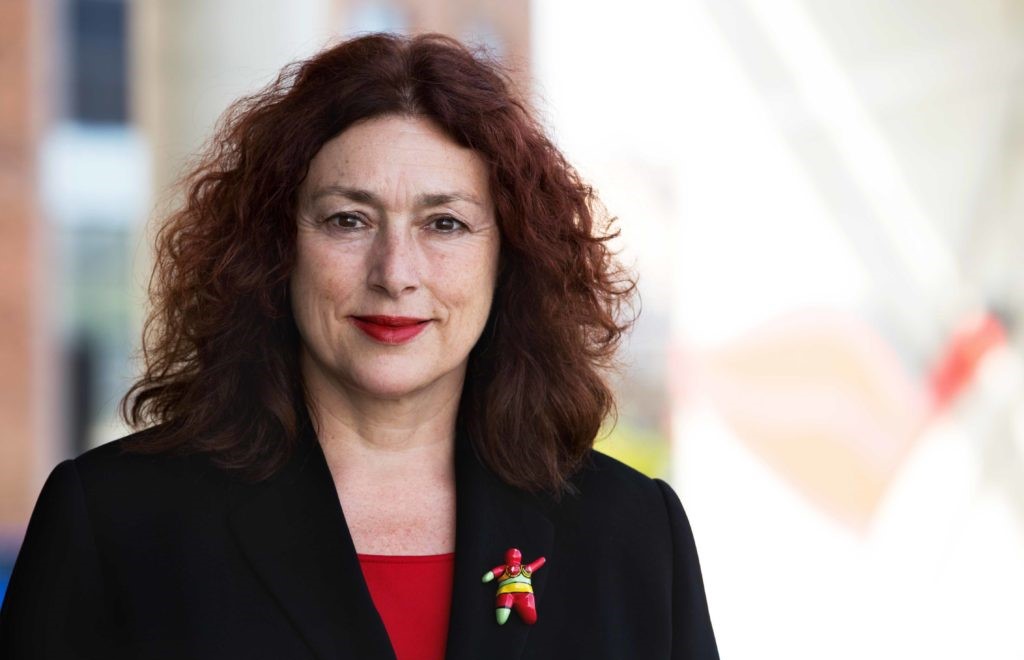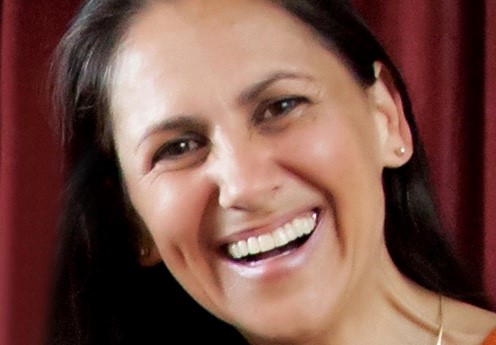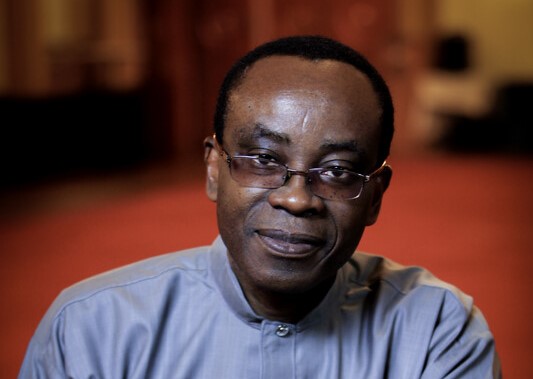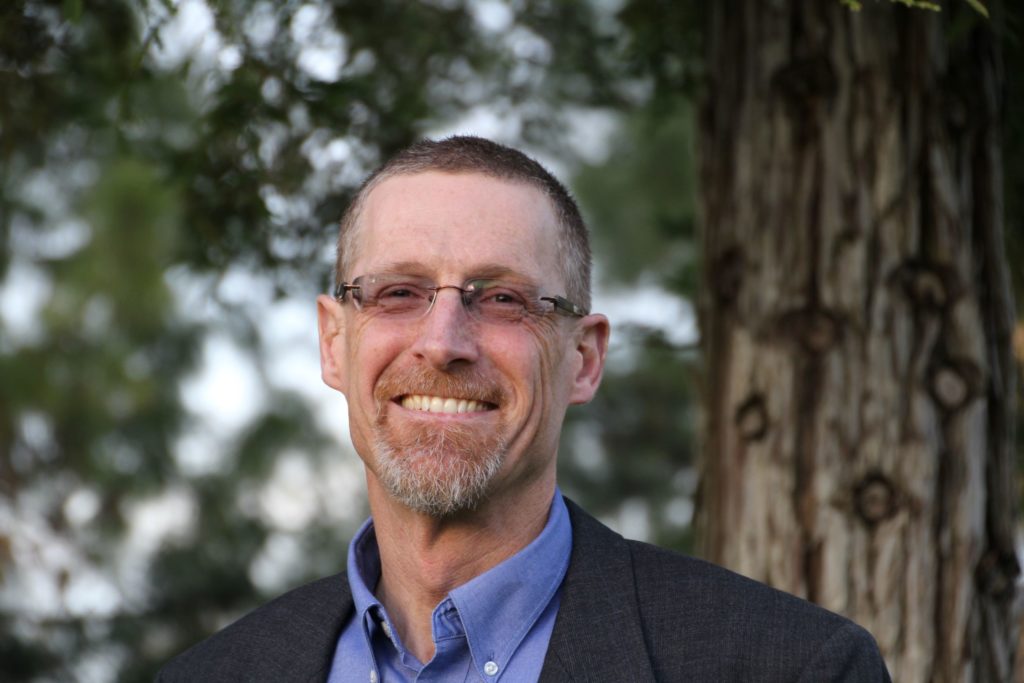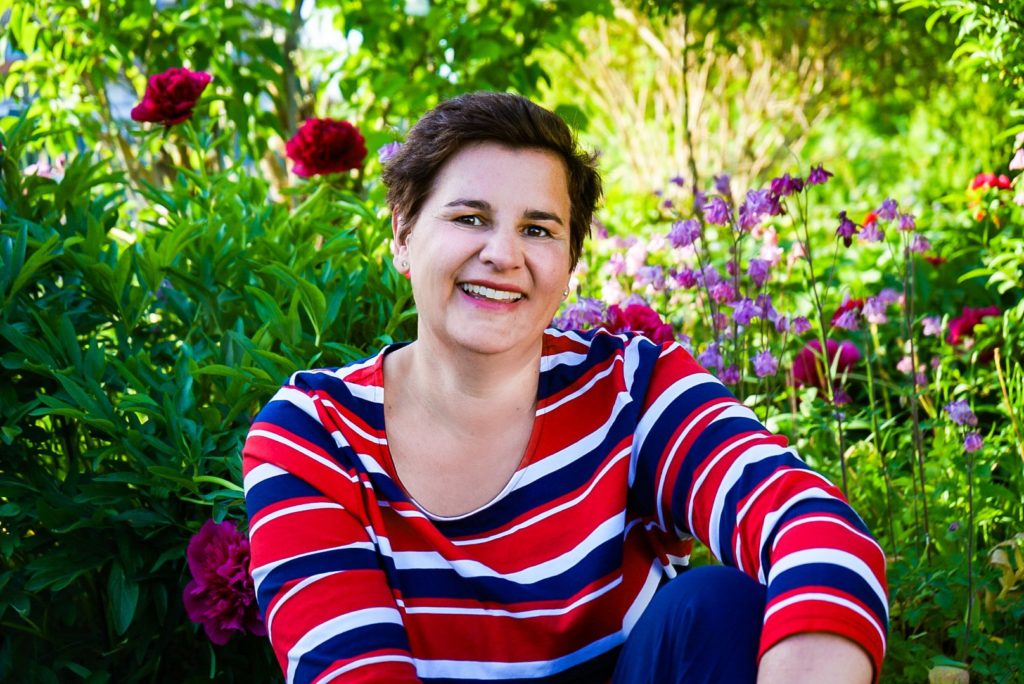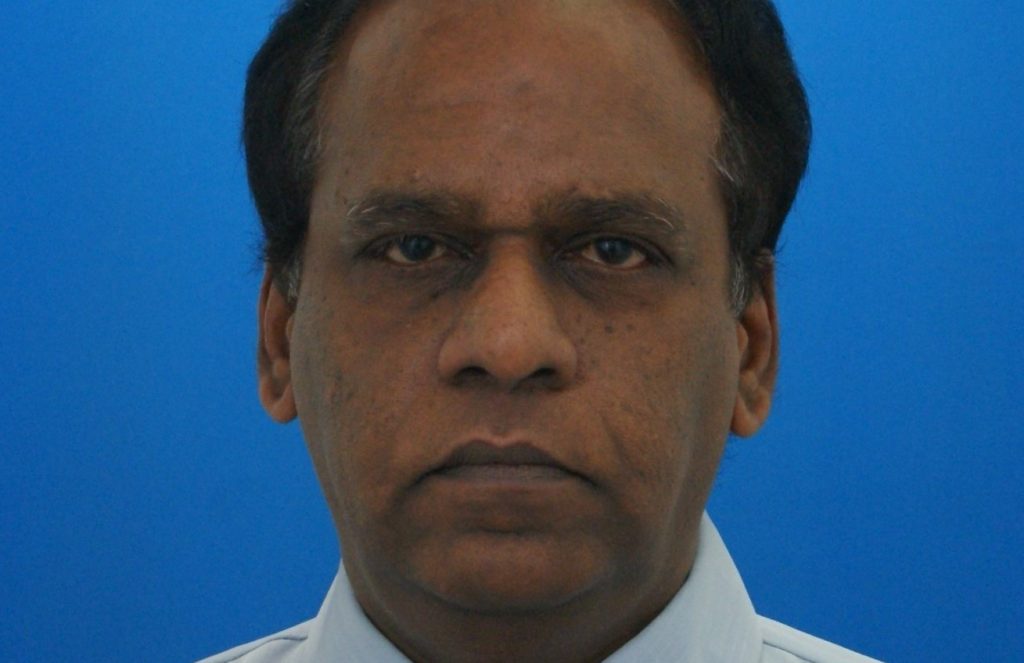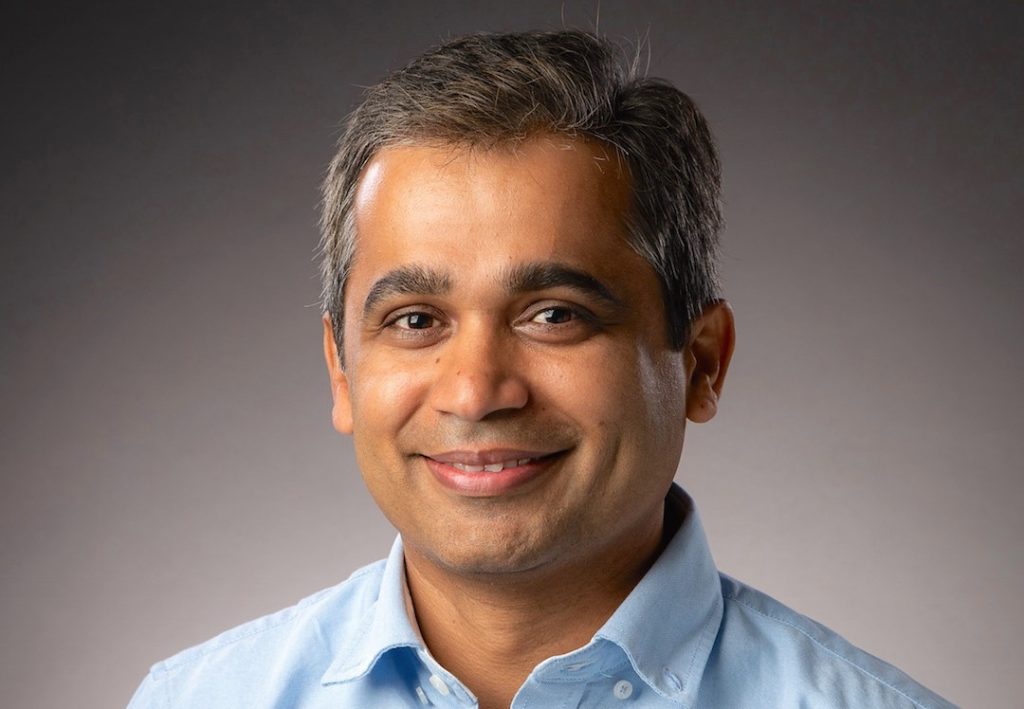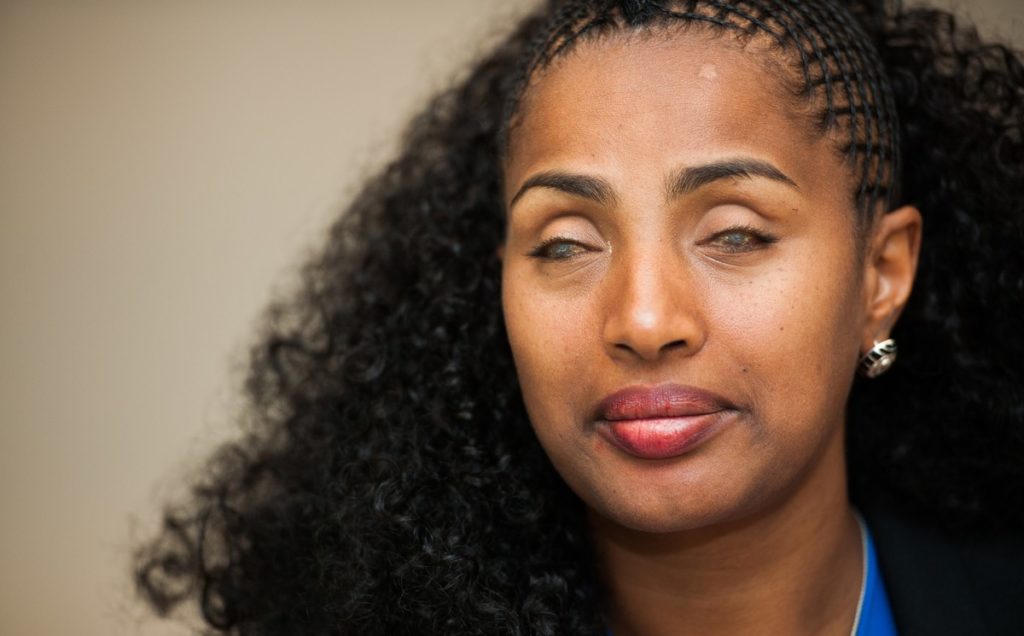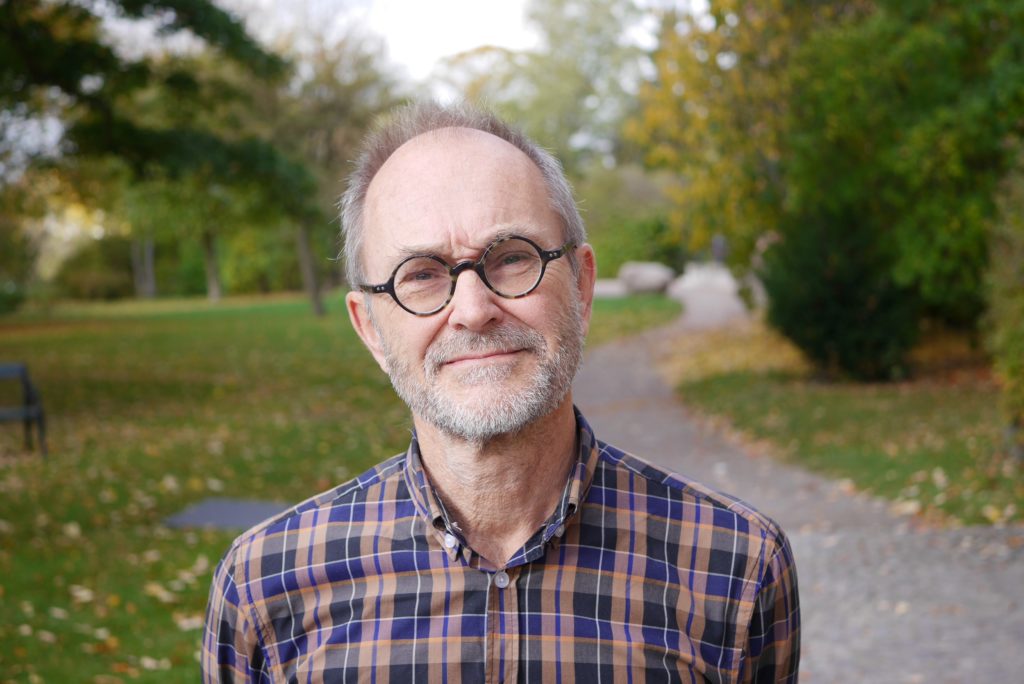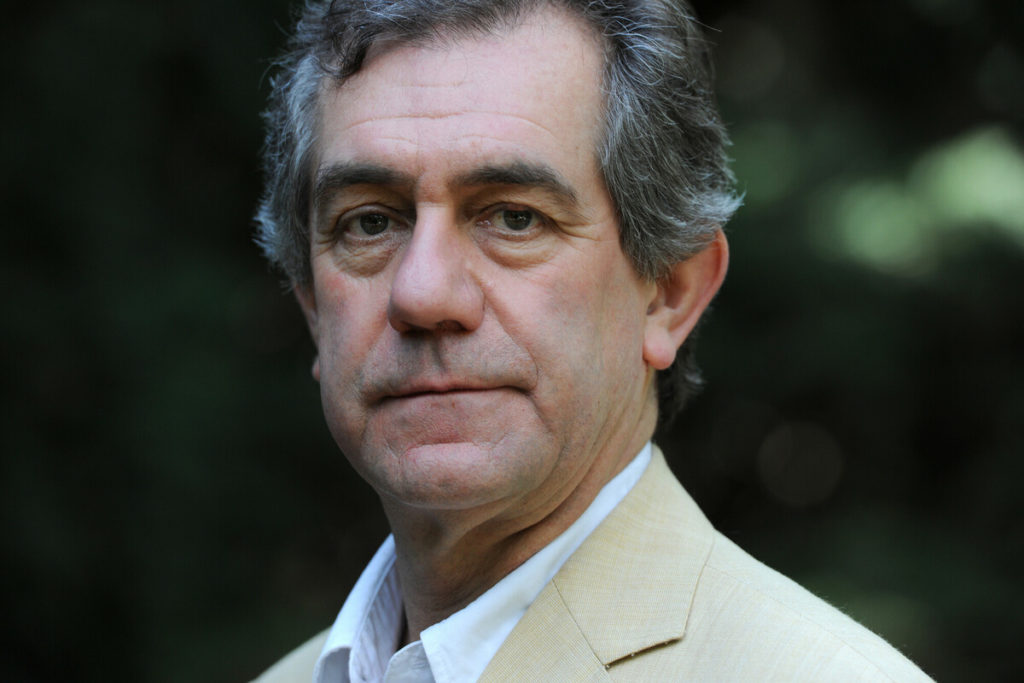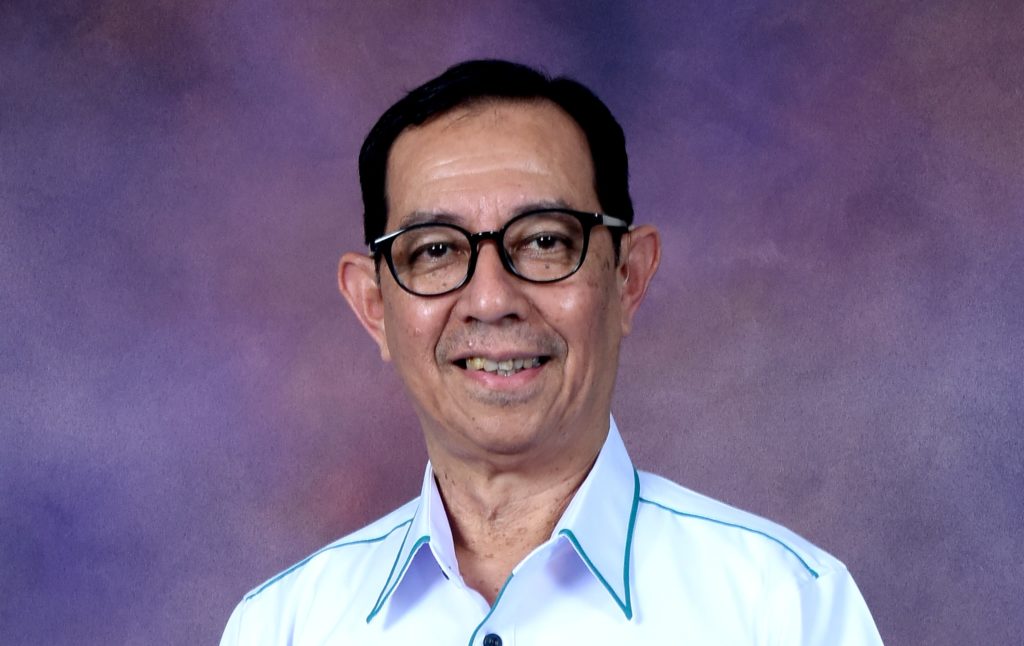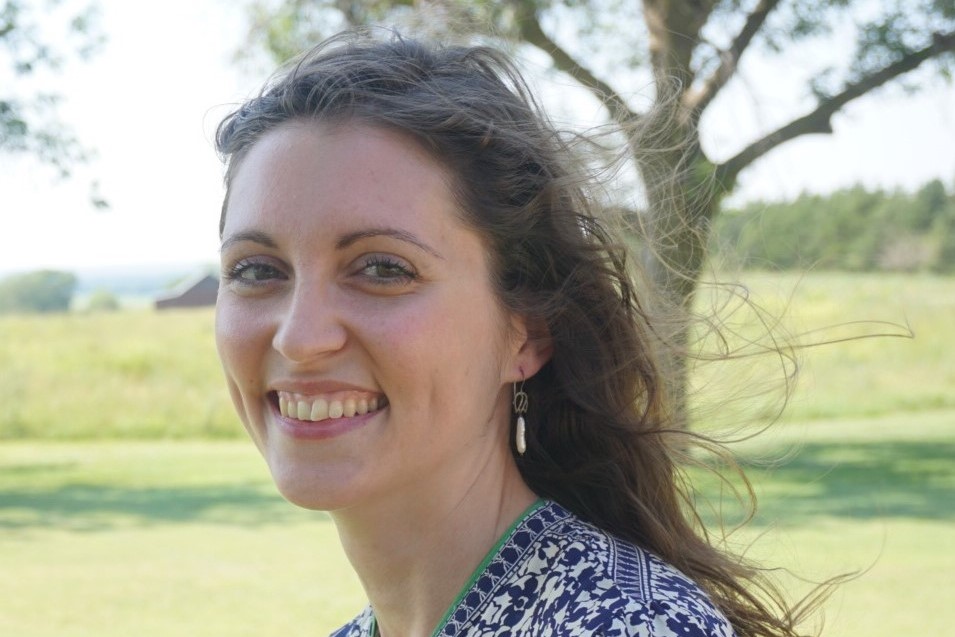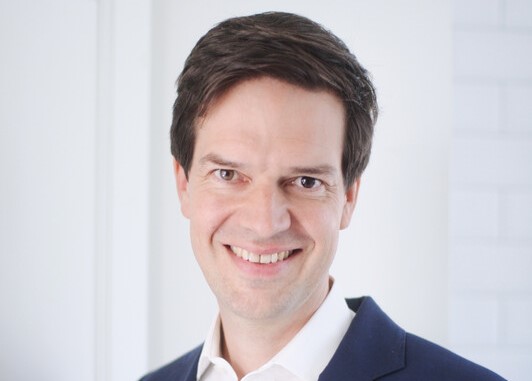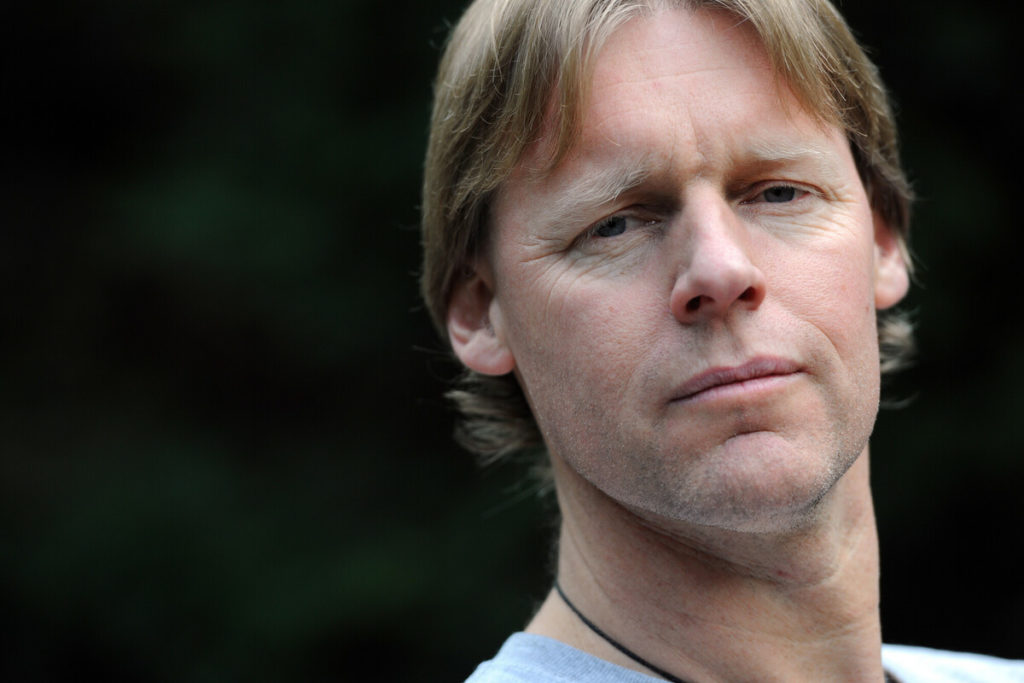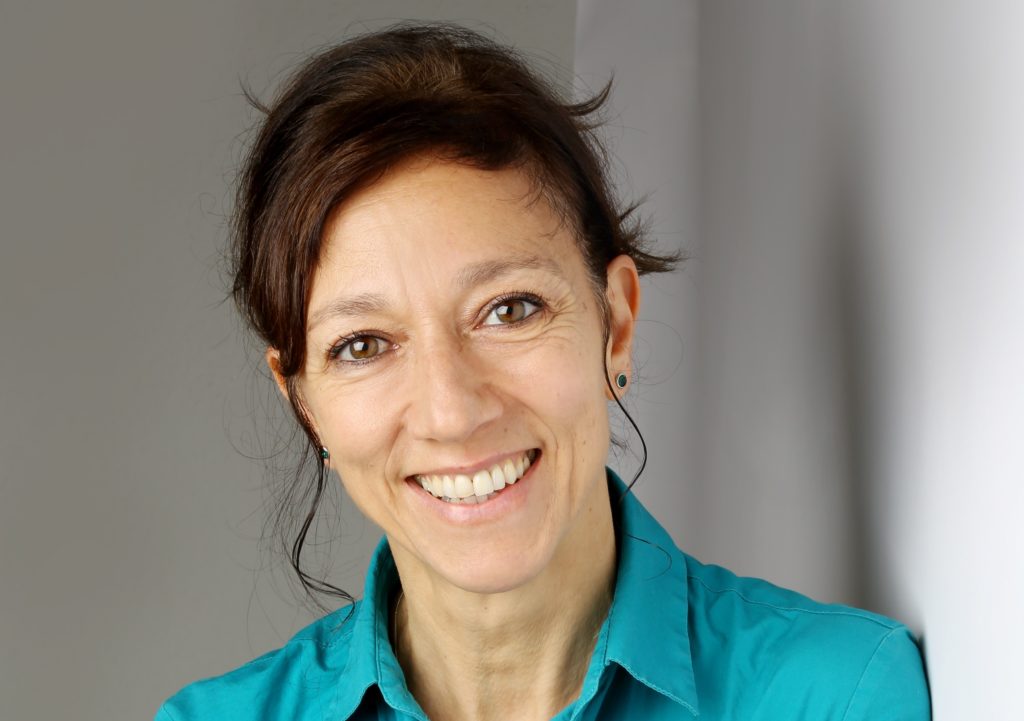International Advisory Council
The International Advisory Council of the Right Livelihood College is a supportive and visionary group shaping the future direction of the RLC Campuses and Centres. Its main tasks include
- to provide overall guidance of the RLC, both intellectually and strategically, and
- to provide support for the successful achievement of the RLC initiative.
Currently, the council consists of 16 members, including two Co-Chairs. With members from different backgrounds and networks, the council embodies the synergy of activism and academia, North and South, which is crucial to developing new ideas for international educational cooperation.
Members
Prof. Dr. Anwar Fazal, Malaysia, Co-Chair
Civil rights and peace activist. To honour his commitment to consumer rights, he was awarded the Right Livelihood Award in 1982. From 2009 to 2021, he has served as director of the Right Livelihood College, when he opened the first RLC Campus at the Universiti Sains Malaysia in Penang.
Dr. Monika Griefahn, Germany, Co-Chair
Board of the Right Livelihood Foundation from 1986 to 2022. She is a former Member of the German Parliament (1998-2009) and former Minister of Environmental Affairs in Lower Saxony. In 1980, she co-founded Greenpeace Germany, of which she was the first Executive Director and later Member of the International Board of Directors. Today, she acts a consultant for various institutions and companies.
Mona Lenzen Abouleish, Egypt
Waldorf educationist, artist and staff member at the Heliopolis University and SEKEM. After years of experience in children and adult education in Germany, she now lives back in Egypt. There, she has a leading role in continuing the SEKEM Initiative’s work, founded in 1977 by her father, the 2003 Right Livelihood Laureate and Egyptian doctor, entrepreneur and philanthropist Dr. Ibrahim Abouleish.
Nnimmo Bassey, Nigeria
Executive Director of Health of Mother Earth Foundation, an environmental think tank, and advocacy organisation. He co-founded Environmental Rights Action (ERA) to deal with environmental human rights issues in Nigeria, served as ERA’s Executive Director for two decades and remains a member of its Advisory Board until today. For his advocacy efforts to stop the destructive large-scale oil exploitation in Nigeria, he has received the Right Livelihood Award in 2010.
Prof. Dr. Chris Benner, USA
Chris Banner holds a PhD in City and Regional Planning from the University of California, Berkeley. His background in activism and fighting inequality has greatly influenced his work in social and economic dimensions of technological change, workforce development regional equity. He is the founding director of the Institute for Social Transformation at UC Santa Cruz. He brings a background in both social movements and community-based research.
Dr. Ellen Christoforatou, Germany
She is Executive Director of the Center for Teacher Education at the University of Kassel, Germany. Her duties include coordinating the contents of teacher education, and the strategic and organizational development of interdisciplinary cooperation projects. She is coordinating a working group in which educational researchers and subject eduationalists from the University of Kassel jointly develop curricular and university concepts that integrate sustainable development issues in teacher education.
Dr. Victor Karunan, Thailand
Victor Karunan holds a PhD in Anthropology from the University of Nijmegen, The Netherlands. He worked 16 years with UNICEF and has over 35 years of professional experience in over 40 countries. His work relates to supporting governments, UN agencies, NGOs and civil society in child rights, human rights, results-based management, social policy, public finance and participatory research. He is currently lecturer at Thammasat University, Mahidol University and Chulalongkorn University in Bangkok.
Prof. Dr. Arif Naveed, United Kingdom
Assistant Professor of Education and International Development at University of Bath, UK with training in economics and sociology of education. He has been associated with large scale rural development and poverty reduction programmes and educational reforms in Pakistan. His research focus is on the expansion of mass-schooling in the Global South and its implications for social stratification, economic inequality and intergenerational mobility.
Yetnebersh Nigussie, Ethiopia
Lawyer and human rights activist from Ethiopia. Her advocacy is addressed to inclusive education and disability rights, for which she received the Right Livelihood Award in 2017. Currently, she acts as Senior Inclusion Advisor of the international disability and development organization Light for the World and has co-founded the Ethiopian Centre for Disability and Development (ECDD).
Prof. Dr. Lennart Olsson, Sweden
Professor of Geography at Lund University, Sweden, and founding director of LUCSUS (Lund University Centre for Sustainability Studies) from 2000 to 2016. He also coordinated the Linnaeus Centre LUCID (Lund University Centre of Excellence for Integration of Social and Natural Dimensions of Sustainability) from 2008 to 2018. He has had global research positions and participated in several international assignments, including the IPCC and UNEP-GEO assessments. His research fields include human-nature interactions in land degradation, climate change, and food security, especially in Africa.
Juan Pablo Orrego, Chile
Ecologist and environmental activist. Founder and president of the NGO Ecosistemas and International Coordinator of Patagonia Without Dams Campaign. He has worked with a network of activists and indigenous people for several decades to campaign against damming projects in Chile that threatened local communities and valuable ecosystems. For his engagement, he received the Right Livelihood Award in 1998. He also serves as a member of the Right Livelihood Jury and is closely involved with the RLC network.
Prof. Dr. Dzul Razak, Malaysia
Scientist, educationist and rector of the International Islamic University Malaysia. As an activist for education and international science cooperation for decades, he has been involved in many committees and projects. He has also received numerous visiting professorships and honorary degrees from universities around the world.
Dr. Aubrey Streit-Krug, USA
Director of Ecosphere Studies at the The Land Institute in Salina, Kansas. She has a background in English and holds a PhD in English and Great Plains Studies from the University of Nebraska-Lincoln. Her research interests include interdisciplinary environmental humanities and ecocriticism, North American Great Plains literature and ecology, plants and agriculture in literature, critical plant studies, Omaha language and literature, and place-conscious composition and education.
Ole von Uexküll, Sweden
Executive director of the Right Livelihood Foundation in Stockholm. Prior to this, he worked at the German Parliament in Berlin, the United Nations Environment Programme in Paris, and the European Parliament in Brussels. He is also a member of the Advisory Board of the European Centre for Constitutional and Human Rights in Berlin.
Alyn Ware, New Zealand
Activist for peace education and nuclear abolition. Among his accomplishments is the involvement in the campaign to ban nuclear weapons in New Zealand before serving as UN coordinator of the World Court Project to obtain a historic World Court ruling on the illegality of nuclear weapons. He was awarded the Right Livelihood Award in 2009. Since then, he has been working with the RLC for several years and is part of the Earth Trusteeship Working Group.
PD Dr. Eva Youkhana, Germany
Acting director of the Department of Political and Cultural Change at the Center for Development Research (ZEF), University of Bonn. She has an academic background in Social Anthropology, Roman Studies and critical Sociology of Development. Currently, she acts as DSSP‘s project leader in a partnership with Universidad Nacional, Bogotá, Instituto de Estudios Ambientales (IDEA), in Colombia.

